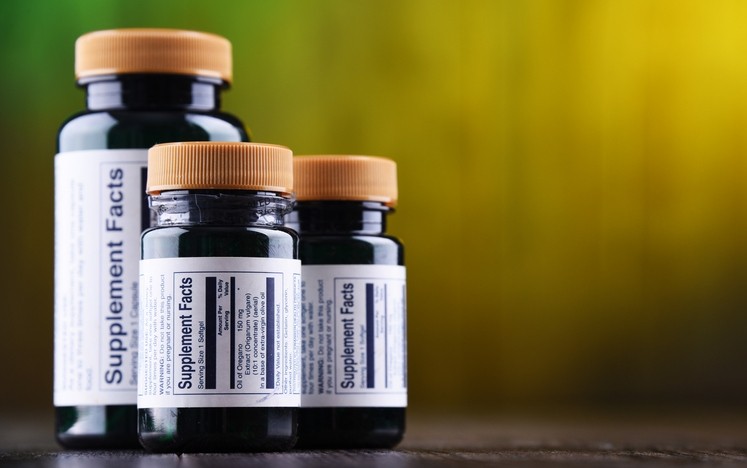NPA letter makes comprehensive rebuttal to need for Durbin/Braun listing bill

The letter, signed by Daniel Fabricant, PhD, NPA’s president and CEO, was sent to Sen. Durbin (D-IL) and Sen. Braun (R-IN) today. It concerns the Senators’ so-called Dietary Supplements Listing Act of 2022.
Information already available
The letter opens with backing for NPA’s oft repeated assertion that the information called for in a mandatory product listing as outlined in the Durbin/Braun bill is already available from public sources, including NPA’s own TruLabel program, which is a condition of membership.
“This internal oversight program has created a high level of confidence among retailers and consumers,” the letter asserts.
Fabricant, who is the former head of FDA's Division (now Office) of Dietary Supplement Programs, also reiterated in the letter NPA’s oft-cited position that FDA has ample regulatory authority already to police the marketplace that only lacks the proper zeal to apply it.
“I can tell you during my time as the chief regulator for dietary supplements when we had some of the most impactful enforcement actions in the program’s history, we had more than adequate tools to find a specific problem with a product or ingredient. To reiterate, we had no problem ‘seeing’ into the industry and addressing issues when they arose,” he wrote.
Tianeptine case points to fact that criminals won’t submit labels
Fabricant said the case of tianeptine, cited by Sen. Durbin during an 11-minute speech introducing the bill, was an odd choice to use to make the case for the need for the bill. Tianeptine, a drug used in some countries to treat depression and anxiety, was on the market illegally in the United States. Fabricant said FDA was aware of the situation but was very slow to respond. It wasn’t for the lack of a mandatory product listing database, he said. And even if one had existed, labels listing tianeptine wouldn’t have appeared there.
“FDA knew of the ingredient, and the sellers of the ingredient, for nine months yet did not take enforcement action. This legislation would not address that issue,” Fabricant wrote.
“Further, the sellers of tianeptine are criminal drug traffickers. Criminals do not report their illegal activity to the government,” he added.
FDA’s enforcement activity waning
As part of his assertion that FDA is not fulfilling its enforcement obligations even under its current authorities, Fabricant noted that facility inspections are down. He maintained there is no publicly available plan to bring those rates back up to pre pandemic levels. He said further that it’s a trend that predates the pandemic, citing a 2017 report from the Office of the Inspector General that found that FDA inspections of food facilities fell from 29% of all facilities in 2004 to 19% in 2015.
Fabricant also asserted that the information called for in the Durbin/Braun bill can already be found as part of the system for pre-market notification to FDA for products that intend to make structure/function claims. This database has existed for years, but the Agency has never said what, if anything, it does with that data, Fabricant said. FDA has proven incapable of even saying how many such notifications it receives annually, he maintained. More information is also housed within the Adverse Events reporting system, New Dietary Ingredient Notifications and other sources.
Fabricant: More oversight, not more regs, is what’s needed
“The FDA already has access to information regarding who is making dietary supplements, where they are making them, what products are made at which facilities, when new ingredients are introduced into commerce, and whether any products are associated with serious adverse events,” Fabricant wrote.
“Therefore, instead of providing finding for mandatory product listing, we urge you to support increased oversight of FDA’s Office of Dietary Supplement Programs and support a budget that increases enforcement actions spelled out through DSHEA,” Fabricant concluded.








